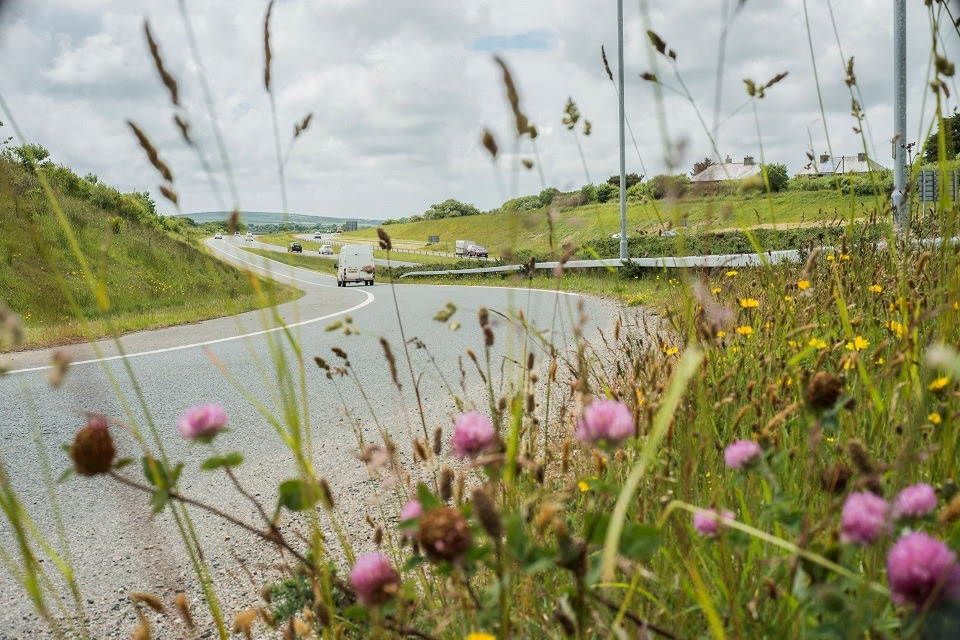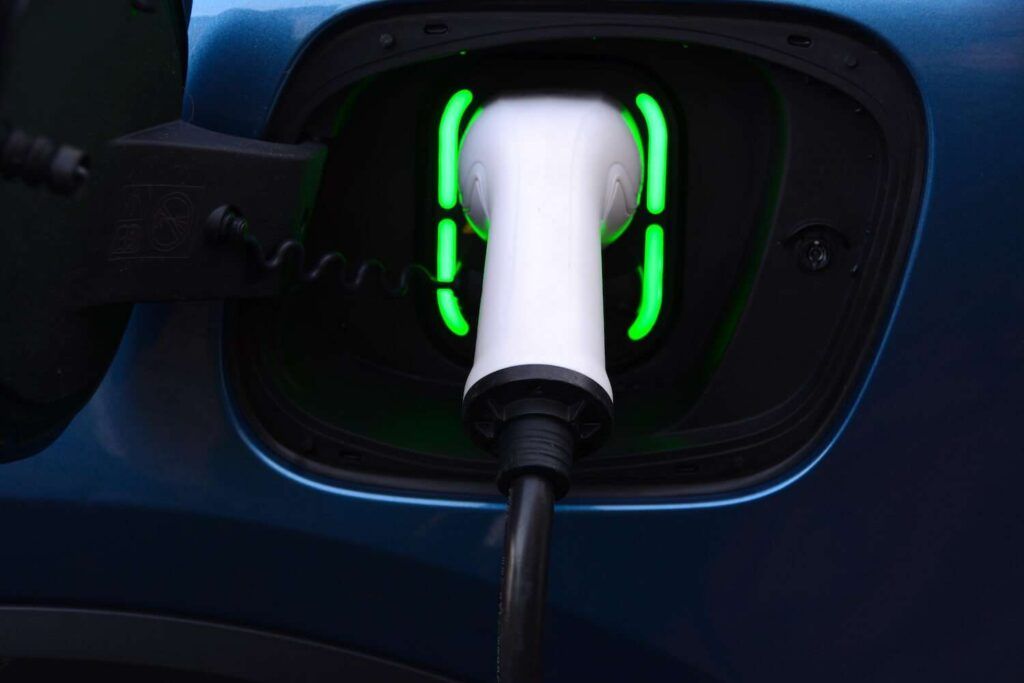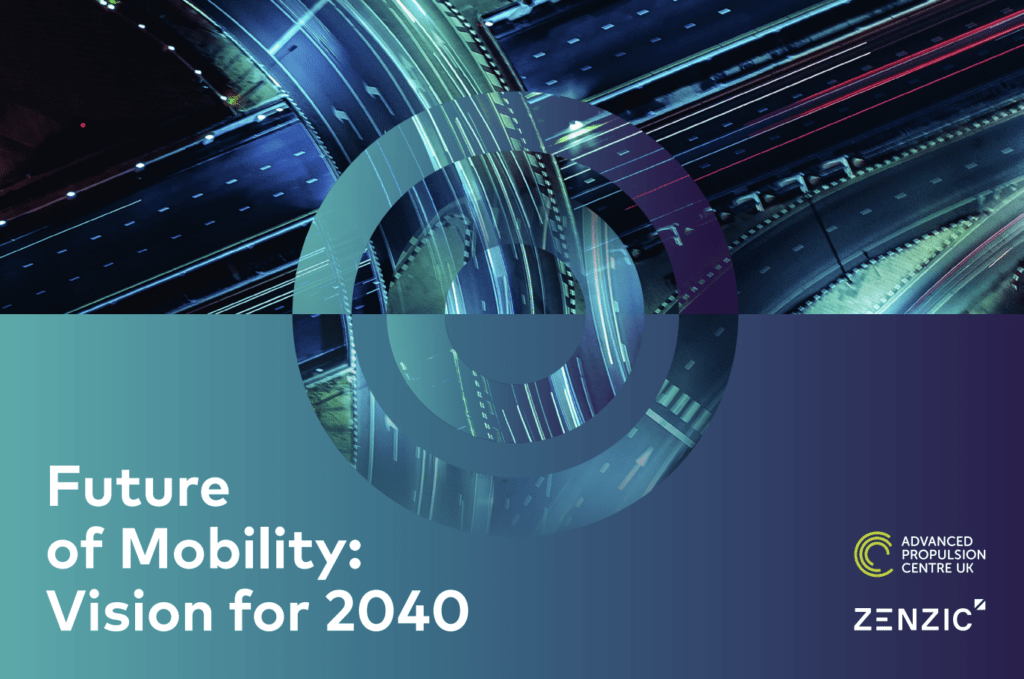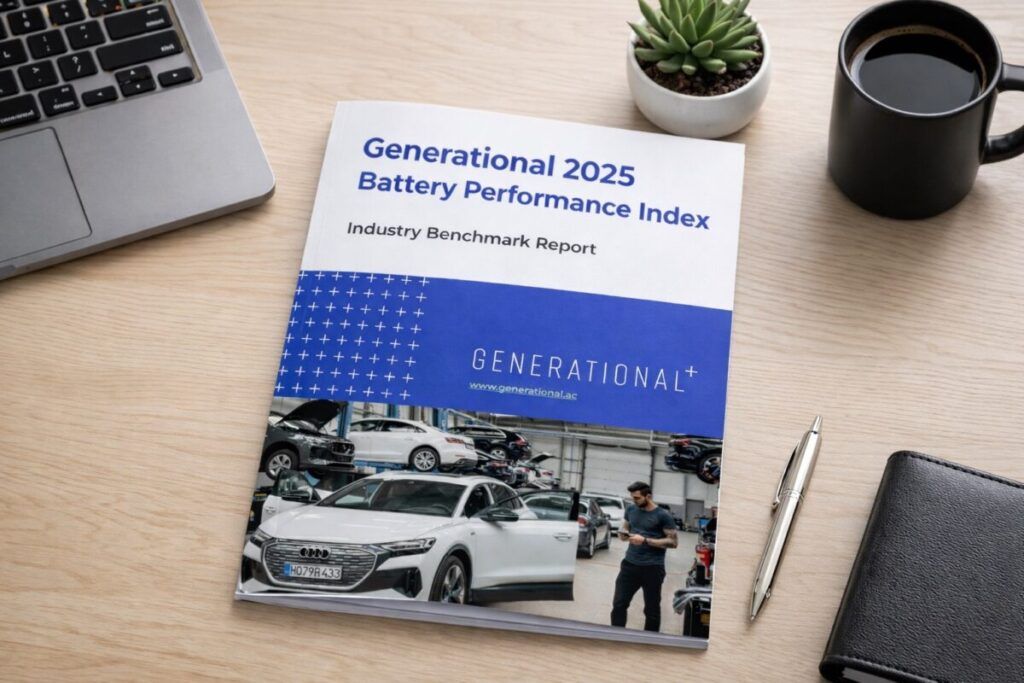National Highways has released a report which shows the progress it’s making towards net zero – one year on from the launch of its Net Zero Highways plan.
The government-owned company has reported a series of achievements recorded in the last year including ensuring that 100 per cent of its own energy is sourced from renewable energy, converting 38 per cent of its vehicle fleet to greener plug-in hybrid cars and using lower-carbon LED bulbs to light more than 16 per cent of the strategic road network (SRN).
Additionally, 93 per cent of traffic officers have been trained to better support motorists with electric vehicles and freight platooning trials designed to lower emissions from HGVs have been completed on the network for the first time.

Behind-the-scenes, National Highways has also established a new governance structure to drive the company towards net zero, with the appointment of a new director of environmental sustainability, a central carbon team and an executive board member all tasked with driving delivery of the new plan.
Today’s report represents the first annual update to the company’s strategy – Net zero highways: our 2030 / 2040 / 2050 plan. It includes National Highways’ annual carbon footprint and new examples of carbon-cutting activities introduced by the company.
The report said that the last 12 months had represented a “promising start” to the strategy while acknowledging that there was “still much to do”.
The 4,300-mile SRN is one of the country’s most critical pieces of infrastructure, directly supporting more than 64,000 jobs and delivering £314 billion to the economy. Operating, maintaining and using the network does come at a cost, with the SRN being a major source of carbon emissions.
However, vehicle emissions are expected to decline rapidly as electric power replaces petrol and diesel propulsion in the coming years. National Highways has a long-term vision to capitalise on the latest technologies and new ways of working to decarbonise the network as quickly as possible.
Last year’s plan committed to cutting National Highways’ own corporate emissions to net zero by 2030, followed by maintenance and construction emissions by 2040 and those from road users by 2050.
Steve Elderkin, Director of Environmental Sustainability at National Highways, said: “Over the last year colleagues across National Highways and our supply chain have been turning this plan into a reality.
“That’s what this requires; a huge joint effort across our industry, supported with the right policies. I am encouraged because I see good decisions being made and we’re moving in the right direction. This has built the foundations of the programme that will deliver our targets, moving us forward as outlined in this progress report.”
Today’s publication provides an insight into National Highways’ achievements in the last year against the plans set out in 2021’s net zero report. It says:
- National Highways remains on track replace 70 per cent of road lighting with LEDs by 2027, with over 16 per cent already upgraded;
- 38 per cent of traffic officer vehicles have already been converted to plug-in hybrids, capable of being run in part on battery power, with 100 per cent conversion expected by 2030;
- Work is ongoing to start construction of the first totally net-zero road enhancement scheme, with a series of pilot schemes being initially developed before the project starts by 2030;
- Low-carbon materials have been introduced by project teams as part of the shift towards zero carbon steel, cement, concrete and asphalt by 2040. In the last year, this has included the use of Aggregate Industries’ “Super Low-Carbon” asphalt on the A590 Cross-A-Moor scheme in Cumbria, and a trial of low-carbon reinforced concrete at junction 6 of the M42;
- Work is continuing to support the development of “Project Rapid” which aims to deliver £950 million of electric car charging infrastructure at motorway service areas, including six high-powered chargers at each location by 2023;
- Some £200,000 has been invested in training and new equipment such as plastic skates and battery boosters to help traffic officers move “non-rolling” broken-down vehicles – including electric vehicles – to a safe place;
- A trial programme to provide the use of electric vans to businesses, charities, community groups, the NHS and taxi drivers has been utilised 800 times to date, helping to break down barriers towards the adoption of zero-emission deliveries in towns and cities.
Separately today, the company has published its climate resilience report which sets out challenges the SRN and the actions being put in place to address them.
The report – Climate change and the strategic road network: Building resilience for a changing future – spells out the risks posed from flooding, landslips, high winds and extreme temperatures, which can cause road surfaces to soften and bridge bearings to expand.
Actions being taken already to make the SRN more resilient include updating standards for drainage design and warm mix asphalt on road surfaces, combined with reviewing approaches to maintenance standards for pothole repairs.
Images courtesy of National Highways.












